
Oncology & Human Genetics
Expanding Oncology portfolio delivers life-changing technology to physicians and patients.
Products
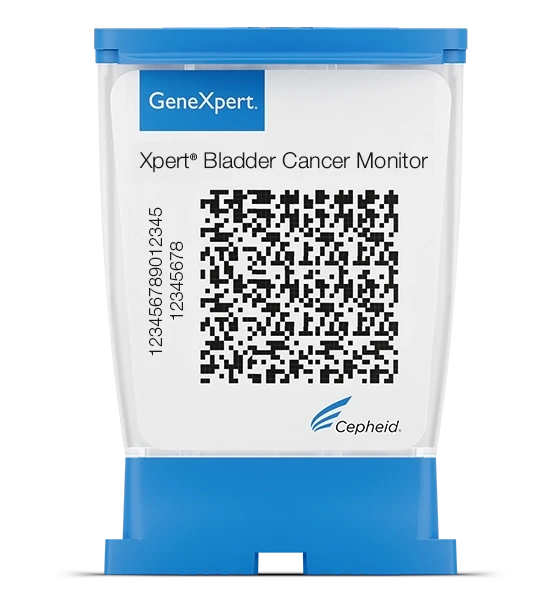
Xpert® Bladder Cancer Monitor
Qualitative monitoring for recurrence in patients previously diagnosed with bladder cancer in around 90 minutes
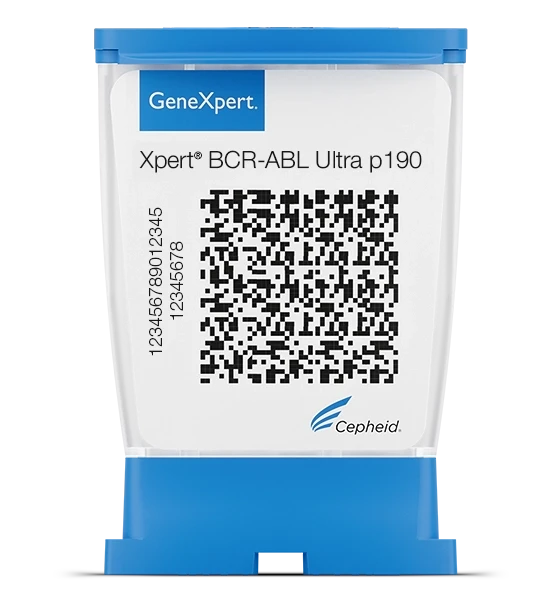
Xpert® BCR-ABL Ultra p190
Sensitive and quantitative monitoring of BCR-ABL p190 and ABL mRNA in patients with chronic myelogenous leukemia (CML) and acute lymphoblastic leukemia (ALL)
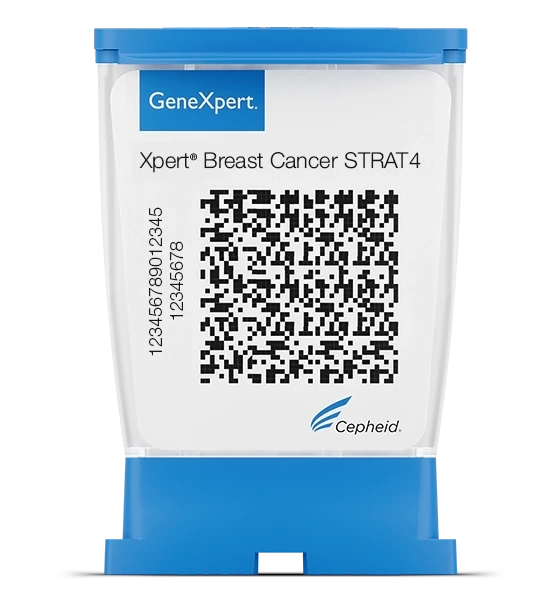
Xpert® Breast Cancer STRAT4
Standardized breast cancer ESR1/PGR/ERBB2/MKi67 mRNA biomarker assessment in less than two hours

Xpert® Bladder Cancer Detection
Detection of the presence of bladder cancer in patients with hematuria in around 90 minutes
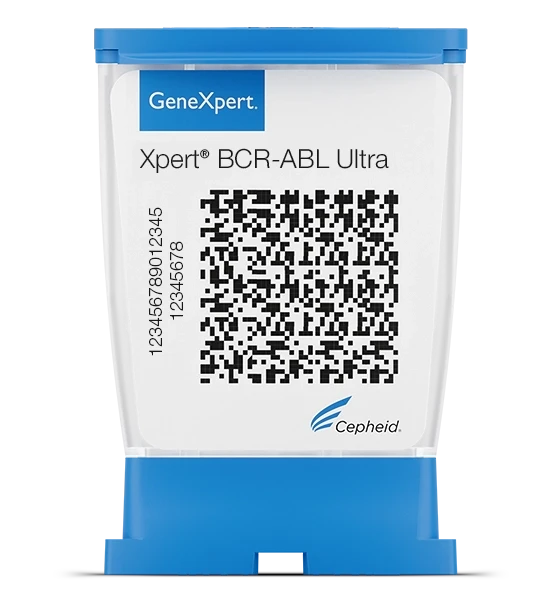
Xpert® BCR-ABL Ultra
Sensitive and quantitative monitoring of BCR-ABL mRNA in patients with chronic myelogenous leukemia (CML)
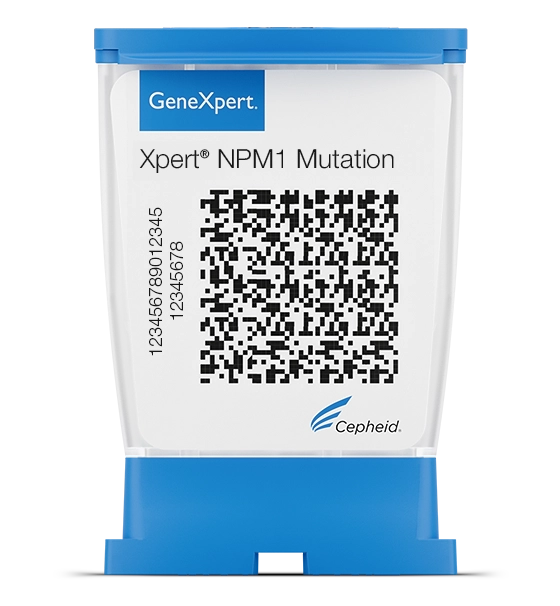
Xpert ® NPM1 Mutation
Xpert ® NPM1 Mutation is an automated test for quantifying the amount of mutant NPM1 mRNA transcripts (types A, B, and D in exon 12) as a ratio of NPM1 Mutation/ABL1 with high sensitivity.
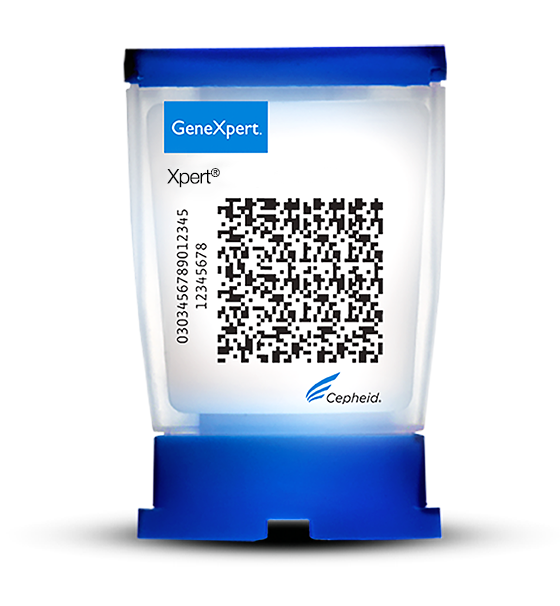
View Our Global Products
Select from a category above



